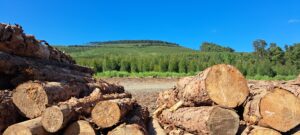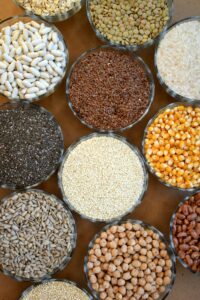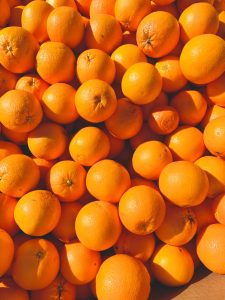
How responsible forestry can be part of a plastic pollution solution
Press release While life without plastic might be hard to imagine, there is a renewable, recyclable and sustainable alternative to single-use plastics and many other
He paints the probable scenario of how these fish ended up here; how in earlier years of the earth as we now know it, the redfin went (say) left instead of straight. As millennia passed and waters subsided, these fish became part of inland rivers and streams. The extreme drought conditions of the past four years have been bad news for the fish with many pools and sections of rivers drying up.
Some people can read palms, others the stars, and come up with a world of information. Watercourses and the fish found in them are a similar “book” for the person with the know-how, and it is fascinating to listen to an analysis.
A blog by the Overberg Renosterveld Conservation Trust (ORCT) on the redfin finding can be read here.
Of interest to us is that good agricultural practice works in the fish’s favour. Lynch identifies Conservation Agriculture (CA) as the first. CA allows for greater infiltration of water into the ground and consequently, less pesticides run off into rivers. Secondly, lands which allow a buffer between crops and rivers allow for sediment carrying pesticides and other chemicals to be captured, again preventing them from spoiling water quality in the rivers.
We returned to the vehicles to continue our tour of the ORTC’s work in the area.

Press release While life without plastic might be hard to imagine, there is a renewable, recyclable and sustainable alternative to single-use plastics and many other

According to a new report by Boston Consulting Group (BCG) entitled The Whole Truth about Whole Grains, there is huge opportunity in food system transformation,

Press release The Department of Agriculture, Land Reform and Rural Development (DALRRD) and the Department of Trade, Industry and Competition (the dtic) have announced that